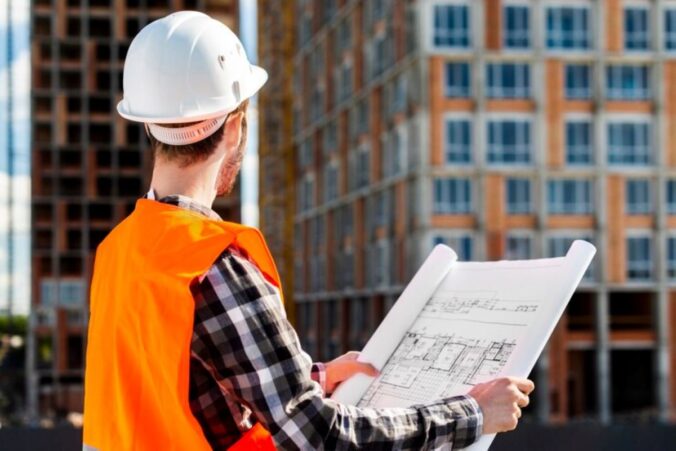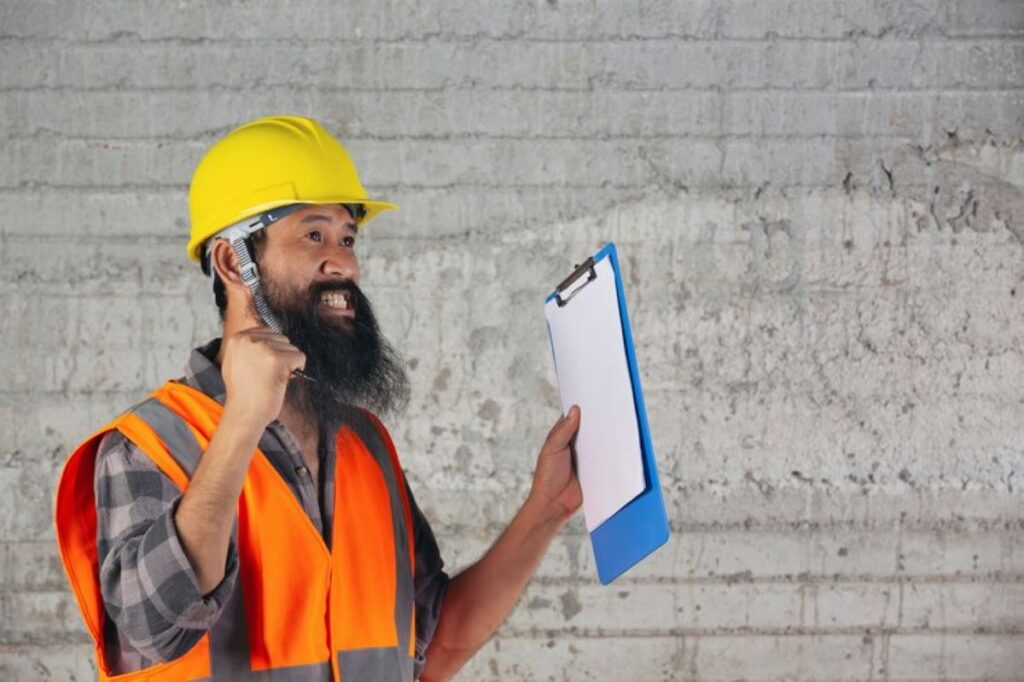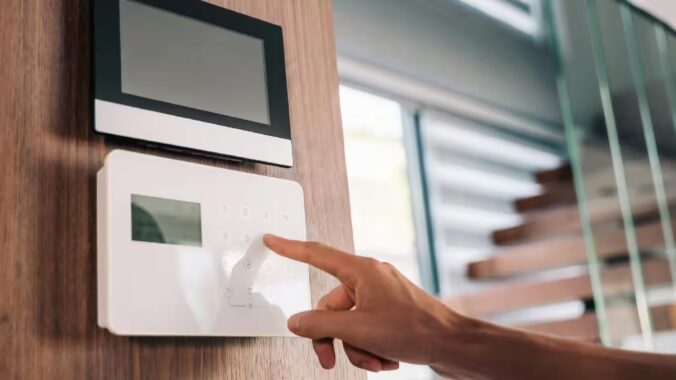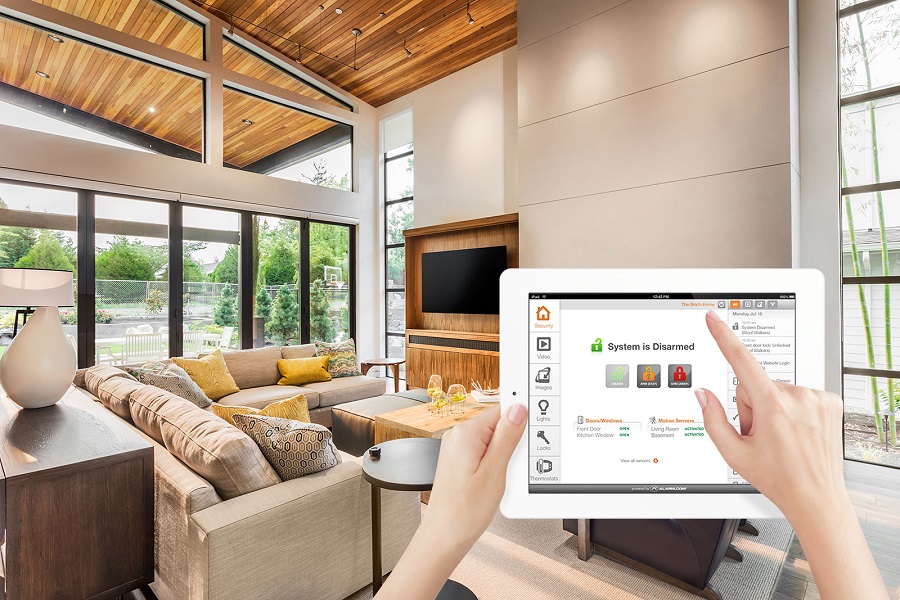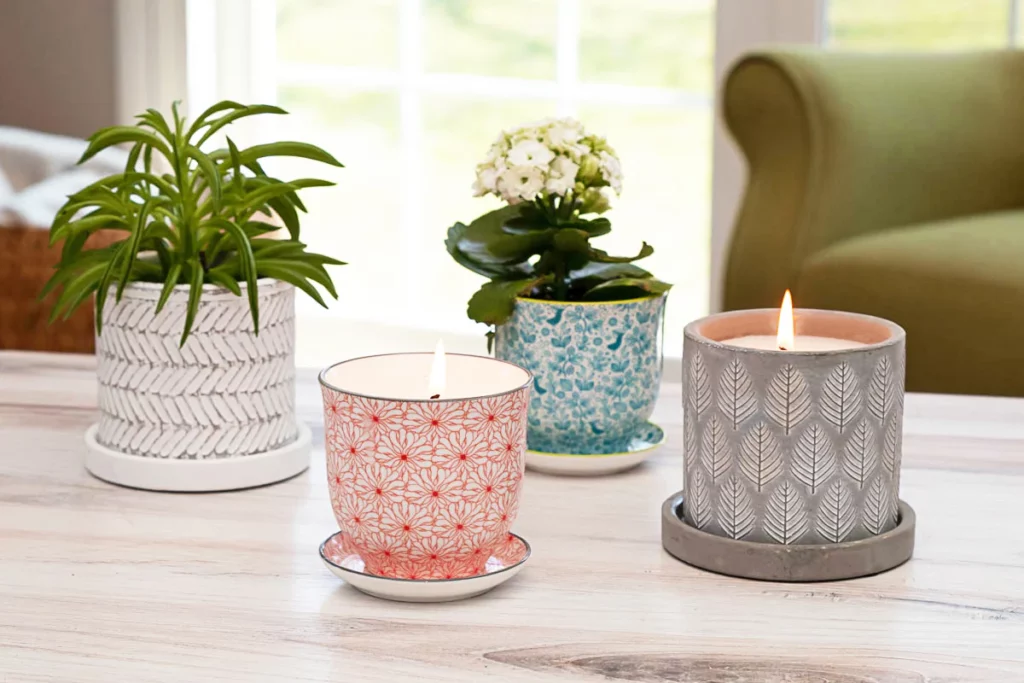In the bustling suburb of Cremorne, where the vibrant community thrives amidst picturesque landscapes, the need for quality flower delivery services has never been more pronounced. Whether it’s a special occasion, a heartfelt gesture, or simply a desire to brighten someone’s day, flower delivery plays a significant role in expressing emotions and enhancing the beauty of our surroundings. This article delves into the various aspects of flower delivery in Cremorne, highlighting its importance, the services available, and how they cater to the diverse needs of the local community.
The Importance of Flowers in Everyday Life
Flowers have long been associated with beauty, love, and celebration. Their presence can transform any space, uplift spirits, and convey emotions that words sometimes cannot express. In Cremorne, where life moves at a fast pace, the simple act of sending or receiving flowers can make a significant impact.
Emotional Connection
Flowers Cremorne have the unique ability to evoke emotions. A bouquet can signify love, sympathy, gratitude, or even congratulations. For instance, sending a bouquet of lilies to celebrate a new job or a bunch of roses to express love can create lasting memories. In Cremorne, local florists understand the emotional weight that flowers carry and curate their arrangements to reflect these sentiments. The choice of flowers often holds personal significance; for example, a beloved grandparent may have cherished peonies, making their presence in a bouquet a poignant reminder of cherished moments. This deep emotional connection is what makes flowers not just gifts, but heartfelt tokens of affection and remembrance.
Enhancing Spaces
In addition to their emotional significance, flowers serve a practical purpose in enhancing the aesthetic appeal of homes and workplaces. A well-placed arrangement can brighten a room, add colour to an office, or create a welcoming atmosphere for guests. Many residents of Cremorne utilise flower delivery services to ensure their spaces are always adorned with fresh blooms, contributing to a vibrant community spirit. The impact of flowers extends beyond mere decoration; studies have shown that the presence of plants and flowers in our environment can reduce stress and increase productivity. This is particularly relevant in bustling urban areas like Cremorne, where the hustle and bustle of daily life can often lead to feelings of overwhelm. A simple vase of fresh daisies or a striking arrangement of sunflowers can serve as a daily reminder of nature’s beauty, providing a refreshing respite from the rigours of modern living.
Special Occasions
From birthdays to anniversaries, flowers are integral to many celebrations. Cremorne’s flower delivery services cater to a variety of events, providing tailored arrangements that suit the occasion. Whether it’s a grand wedding or an intimate gathering, florists in the area offer bespoke solutions that reflect the unique style and preferences of their clients. Additionally, flowers have a cultural significance in many traditions; for instance, in British weddings, the choice of flowers often reflects the season and personal stories of the couple. Seasonal blooms not only enhance the aesthetic but also connect the celebration to the natural rhythm of the year, making each occasion even more special. Furthermore, many florists in Cremorne are increasingly embracing sustainable practices, sourcing locally grown flowers to minimise their carbon footprint and support local growers. This not only enhances the freshness of the arrangements but also fosters a sense of community and environmental responsibility among residents.
Local Flower Delivery Services in Cremorne
Cremorne boasts a variety of local florists who specialise in flower delivery. These businesses not only provide quality blooms but also offer personalised services that cater to the specific needs of the community. Understanding the local market is crucial for these florists, and many have established a loyal customer base due to their commitment to quality and service.
Same-Day Delivery Options
One of the most appealing aspects of flower delivery in Cremorne is the availability of same-day delivery options. This service is particularly beneficial for those who may have forgotten an important date or wish to surprise a loved one at the last minute. Many local florists have streamlined their operations to ensure that fresh flowers can be delivered promptly, maintaining their quality and vibrancy.
Customised Arrangements
Another key feature of Cremorne’s flower delivery services is the ability to create customised arrangements. Local florists often work closely with customers to design bouquets that reflect personal tastes and preferences. This bespoke approach not only enhances the gifting experience but also ensures that the recipient feels valued and appreciated.
Subscription Services
For those who wish to enjoy the beauty of flowers on a regular basis, subscription services have become increasingly popular. Florists in Cremorne offer weekly or monthly subscriptions, delivering fresh flowers directly to customers’ doors. This service is ideal for individuals who want to keep their homes vibrant or businesses that wish to maintain an inviting atmosphere. Visit https://www.westernsydney.edu.au/newscentre/news_centre/research_week/the_secret_life_of_flowers_why_we_love_them_and_why_we_need_them to get why we love flowers.
The Process of Ordering Flowers
Ordering flowers in Cremorne is a straightforward process, thanks to the user-friendly websites and knowledgeable staff of local florists. Understanding the steps involved can help customers make informed decisions and ensure a smooth experience.
Choosing the Right Florist
The first step in ordering flowers is selecting a reputable florist. Researching local options, reading reviews, and exploring their portfolios can help customers find a florist that aligns with their style and needs. Many florists in Cremorne showcase their work online, making it easier for customers to gauge their offerings.
Placing an Order
Once a florist has been chosen, placing an order is typically done through their website or over the phone. Customers can select the type of arrangement, specify any particular flowers they want, and provide delivery details. It’s essential to communicate any special requests, such as allergies or preferences for certain colours, to ensure the final product meets expectations.
Payment and Delivery
After finalising the order, customers proceed to payment. Most florists accept various payment methods, including credit cards and online payment platforms. Once the payment is processed, the florist prepares the arrangement for delivery. Customers can often track their orders, providing peace of mind that their flowers will arrive on time.

Eco-Friendly Practices in Flower Delivery
As environmental concerns continue to grow, many florists in Cremorne are adopting eco-friendly practices in their operations. These initiatives not only benefit the planet but also resonate with customers who prioritise sustainability.
Sourcing Local Blooms
One of the most effective ways florists can reduce their carbon footprint is by sourcing flowers locally. Many Cremorne florists partner with local growers, ensuring that their blooms are fresh and sustainably produced. This practice not only supports the local economy but also reduces the environmental impact associated with long-distance transportation.
Biodegradable Packaging
In addition to sourcing local flowers, many florists are also making strides in reducing waste by using biodegradable packaging materials. This shift helps minimise plastic waste and encourages customers to recycle or compost their packaging after the flowers have been enjoyed.
Promoting Sustainable Practices
Florists in Cremorne often take the opportunity to educate their customers about sustainable practices. By promoting the use of seasonal flowers and offering tips on how to care for arrangements to prolong their life, they encourage a culture of sustainability within the community.
Conclusion: The Joy of Flower Delivery in Cremorne
Flower delivery in Cremorne is more than just a service; it is a means of connecting with others and enhancing the beauty of everyday life. With a variety of local florists offering personalised services, same-day delivery options, and eco-friendly practices, residents have access to a wealth of choices that cater to their needs.
Whether it’s for a special occasion or simply to brighten someone’s day, the act of sending flowers is a timeless gesture that continues to resonate with people of all ages. As Cremorne flourishes, so too does the appreciation for the beauty that flowers bring into our lives.
In a world that often feels rushed and chaotic, taking a moment to appreciate the simple joy of flowers can make all the difference. With the convenience of flower delivery services, bringing a touch of beauty to your door has never been easier.



